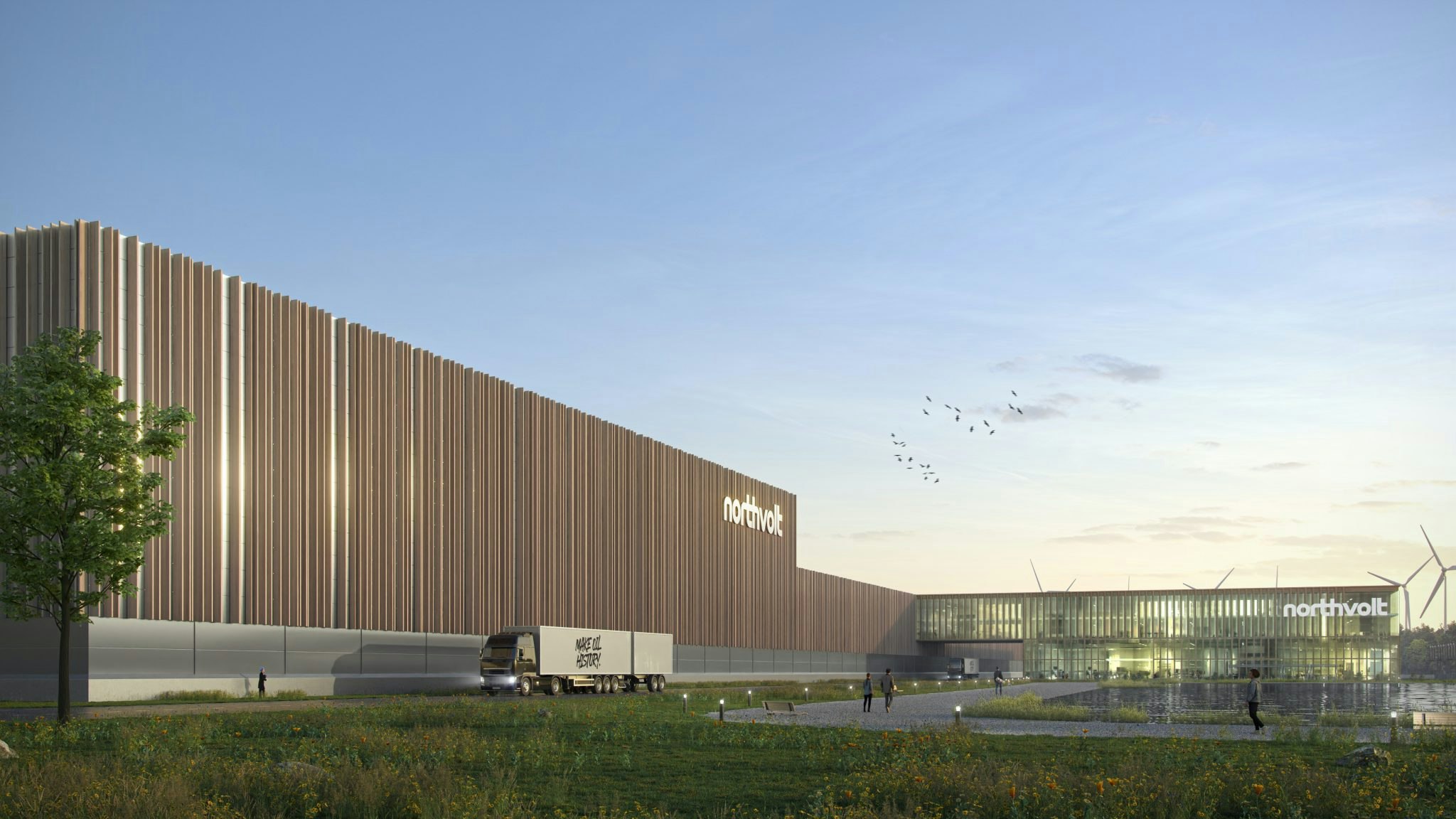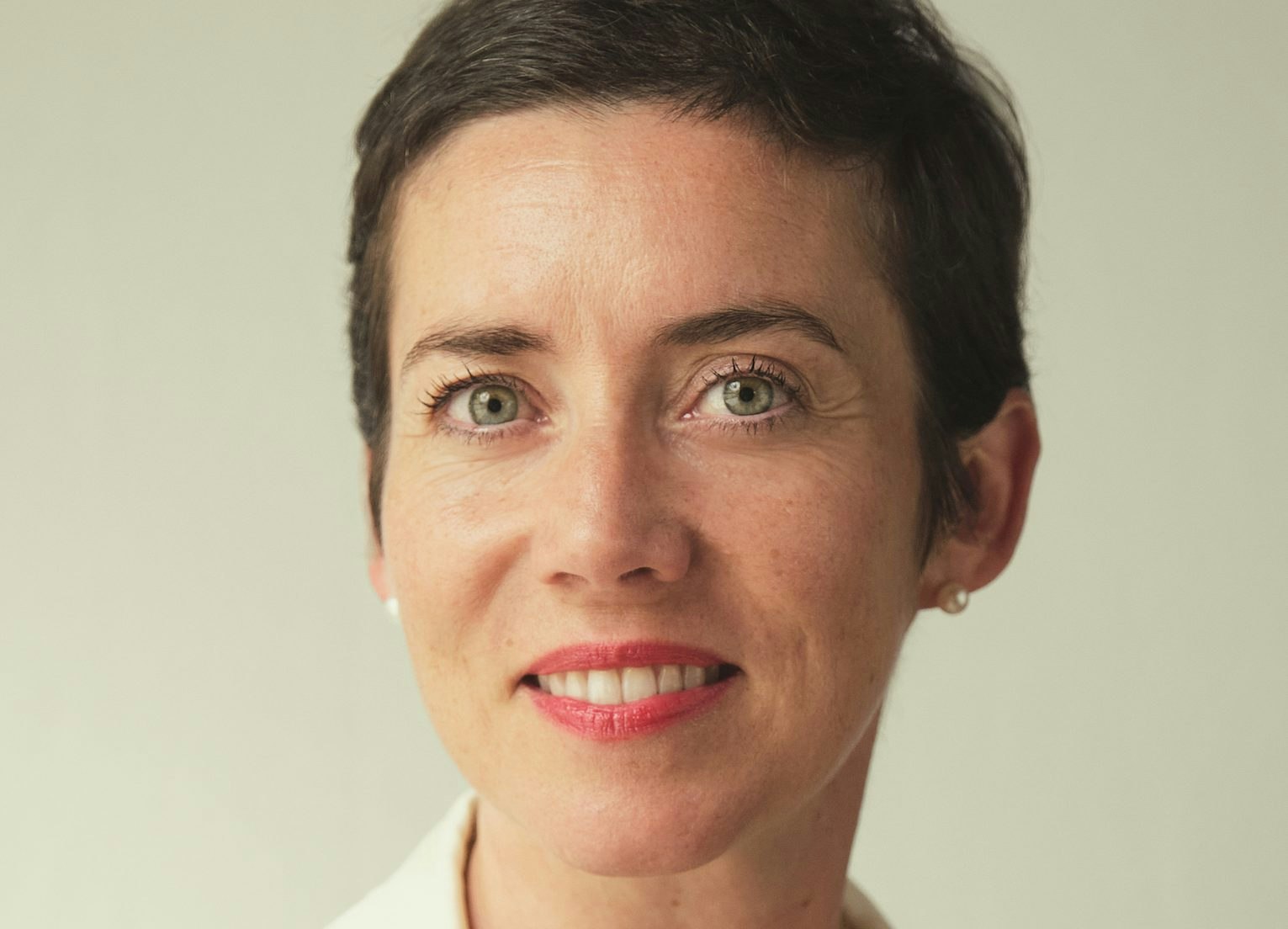After years of trying to reduce its dependence on nuclear power, France has radically changed its tune, betting heavily on the sector to help reach its climate goals.
The French government has committed €1bn as part of its France 2030 plan to support nuclear projects and startups developing small nuclear reactor technology.
It wants startups to address the legacy issues that have soured many Europeans on nuclear power by reducing the volumes and radioactivity of waste, increasing the ability to recycle nuclear material, enhancing safety and security, and developing financing models for more rapid deployment.
But after more than a decade of playing defence as politicians focused on shutting down nuclear reactors, the industry needs to re-establish its image and build momentum. While €1bn sounds like a lot of money, nuclear startups have a long way to go and will need to raise a lot more cash in the coming years.
“Having this backing from the state ultimately reinforces the seriousness of the programme,” says Christophe Neugnot of the French nuclear industry association GIFEN. “What [nuclear startups] expect from the state is continuity, [...] that the state supports [them].”
Nuclear whiplash
France produces the third most power from nuclear reactors in the world, trailing the United States and China, according to the International Atomic Energy Agency. But France currently gets 62.5% of its energy from nuclear, the highest percentage in the world.
President Emmanuel Macron inherited a law that called for reducing France’s nuclear energy dependence from 75% to 50% by decommissioning nuclear power plants and replacing them with alternative sources such as solar, wind and hydro.
But by early 2022, with natural gas prices soaring, the war in Ukraine disrupting energy supplies and mounting anxiety over climate change, Macron opted to go the other way, approving the development of six new nuclear reactors in France.
In December 2023, Macron lamented that the government had been blocked for a decade on nuclear power.
“Things have completely changed,” he said.
The six new reactors will be built and managed by French utility giant EDF, and the government has set aside €42m to recruit and train 100k workers in the nuclear sector over the next decade.
But startups will play a role too: the government has already selected eight that will receive €102.1m in financing.
One of the most advanced startups in the cohort is Jimmy Energy, founded in 2020, which raised €20m before receiving €32m from the French government last year.
Jimmy cofounder Antoine Guyot explains that the company is using older nuclear fission technology to develop micro-reactors (SMRs) that connect directly to existing industrial facilities.
The heat generated by these reactors will be less expensive than using fossil fuels, he says.
The government cash has allowed the company to solve its supply-chain issues when it comes to manufacturing smaller components.
For Guyot, the new focus on nuclear energy is overdue.
“We are a very nuclear country,” he tells Sifted. But it wasn’t always like that, he adds:
“When we started everybody said I was crazy. But every engineer in France knows that it is the key to decarbonisation. “It was logical that a new age would come. We are lucky.”

Another startup, NAAREA, is developing small, modular reactors about the size of a bus that can be entirely manufactured in a factory.
They use a “fast neutron” process that burns long-lasting radioactive waste, while their size eliminates the need for water to cool the system.
It also enables the decentralisation of power generation.
France's electricity grid is already overloaded, and even if the country could develop renewable sources and new large nuclear plants, it would have to massively expand the transmission infrastructure to deliver more power.
“With no need for water, this means that you can locate your reactor anywhere on the planet,” says NAAREA cofounder Jean-Luc Alexandre.
“You can be there in the desert, in the mountains, everywhere, and this is a very key advantage. Having an abundance of energy, carbon-free everywhere, you can imagine thousands of different applications that will deliver benefits which have been impossible until now.”
Unsurprisingly, given nuclear energy’s image problem, one of the startup’s key challenges is public relations.
Alexandre is currently working with regulators on an efficient licensing process. NAAREA is also drawing up a public education programme to address public concerns over safety and security.
Then there is the question of money. Nuclear reactors have typically been built with public money by utility companies. Navigating the world of private investors, especially venture capitalists, is somewhat new for nuclear players.
So far, NAAREA has raised €50m from family offices and angel investors, in addition to €10m from the French government. It’s currently raising a €150m Series A round to accelerate its development and start scaling toward manufacturing. Alexandre says while the government money is relatively small, it has helped build credibility with private investors.
Marie-Delphine Louveaux of Nuclear Valley, a French association of researchers, entrepreneurs and industrial players, has created an investors club to bring together investment funds, business angels and funds of funds.
“It's not just about startups’ technology. It's about financing,” she says. “We can be creative. There are new financing solutions that don't exist or haven't yet been validated.”
Future power
France’s nuclear tech ground zero is Grenoble, the industrial city in the foothills of the Alps. Italian physicist Francesco Volpe, the founder of Renaissance Fusion, is based in Grenoble to be close to the major CEA institute and Grenoble’s nuclear ecosystem. This includes an intense magnetic field laboratory where the startup would be able to conduct critical experiments, according to Simon Belka, Renaissance’s head of marketing and public affairs.
Renaissance has received €10m from the French government and has raised €15m in venture capital. But its fusion technology — which combines atoms to produce energy — is far more experimental than many of the other startups in the small reactor programme, which rely on traditional fission reactors that split atoms.
Challenges with fusion include being able to run a reactor continuously without needing to stop it for cooling, and developing materials that can withstand the extreme temperatures generated by fusion.
Renaissance doesn’t expect to have a prototype reactor before 2030.
If it works, says Belka, fusion is worth the gamble: Not only is it decarbonised, but it's very efficient in terms of fuel. With one gram of fuel, a fusion reactor can produce as much as ten tonnes of coal and five times as much as nuclear fission.
“It's clear that we need an abundant, decarbonised source of energy,” he says.
“Renewable energy is a solution, but we also need energy that is continuously available and can adapt to demand. Fusion makes this possible. That’s why fusion has been dubbed the Holy Grail of energy.”


